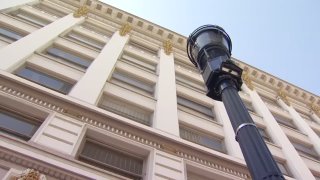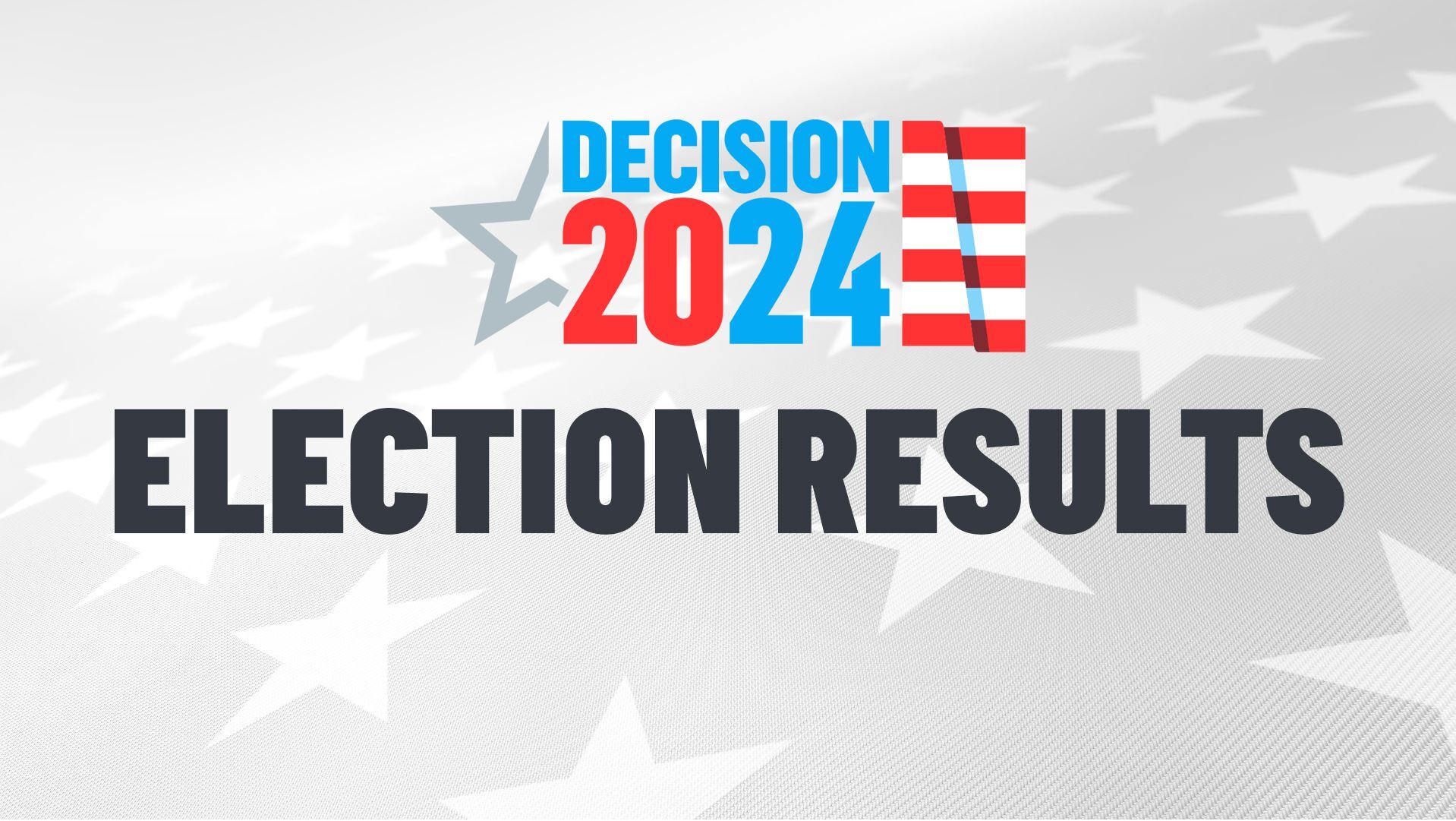
On Tuesday, the San Diego City Council established a privacy advisory board to protect resident and visitor privacy as the city purchases and uses surveillance equipment and other technology that collects or stores individual data.
Council President Pro Tem Monica Montgomery Steppe led the council's work to establish the nine-member board, which all council members endorsed, save for one member who was absent.
Sign up for our Breaking news newsletter to get the most urgent news stories in your inbox.
Steppe has described the creation of the board and an upcoming ordinance regarding both new and existing surveillance technology in the city — packaged as the Transparent and Responsible Use of Surveillance Technology, or TRUST — as intended to "help ensure that any use of surveillance technology to protect public health and safety is proportionate, effective and responsible."
Get top local stories in San Diego delivered to you every morning. Sign up for NBC San Diego's News Headlines newsletter.
The drive came about in 2019, following the revelation that the $30.3 million Smart Streetlights program — approved in late 2016 and billed as a way to assess traffic patterns — actually put more than 3,000 cameras and microphones in San Diego's street lights. Some of these surveillance devices were used by the San Diego Police Department to solve violent crimes, but public backlash caused then-Mayor Kevin Faulconer to shutter the program.
The council conducted a first reading of the Privacy Advisory Board ordinance on Nov. 10, 2020. Tuesday's action, after 18 months of staff crafting language to fit the ordinance, officially created the board, set up its parameters and will allow it to be populated before the other ordinance is reviewed and potentially passed later this year.
Councilwoman Vivian Moreno said the creation of the board was "critical to correct many of the privacy concerns in the city."
Local
The board will consist of nine volunteer members, six of whom must be city residents. The members must be appointed by the mayor and confirmed by the council.
There must be at least one attorney or legal scholar with expertise in privacy or civil rights, one representative of an organization with expertise in privacy or civil rights, an auditor or certified public accountant, a computer hardware, software, or encryption security professional and a member of an organization that focuses on open government and transparency or an individual, such as a university researcher, with experience working on open government and transparency.
Additionally, there must also be at least four members from "equity-focused organizations serving or protecting the rights of communities and groups historically subject to disproportionate surveillance, including communities of color, immigrant communities, religious minorities and groups concerned with privacy and protest," a staff report on the ordinance reads.
Councilwoman Marni von Wilpert and Council President Sean Elo-Rivera expressed concerns on how some communities may have been targeted for disproportionate surveillance in the past — or currently — with both citing the Muslim community as an example. They said they believed the advisory board would ensure some equity and responsible use of technologies for surveillance purposes.
Each member on the board will serve a two-year term with a maximum of eight consecutive years. The terms will be staggered, so the terms of no more than half of the members will end in any one year.
In terms of actual function, the board will provide advice and technical assistance to the city on best practices to protect privacy rights, conduct meetings and use other public forums to collect and receive public input, review all new and existing surveillance technology's Surveillance Impact Report and Surveillance Use Policy and submit annual reports and recommendations to the council regarding surveillance technologies.
Councilman Raul Campillo said the board was a major step toward ensuring privacy rights and bolstering public safety, which "go hand-in-hand."



